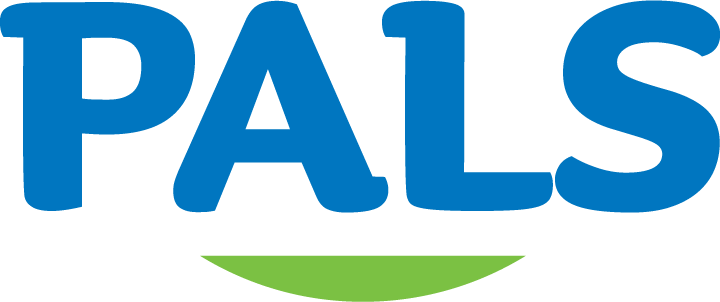BY QUAHEEM BROWN
PALS Advancement Associate
I have been working at PALS now for almost two years part-time. At PALS, I do a variety of different things from Diversity and Inclusion work with staff and volunteers to development work. I also have a full-time job where I work in tech sales. Recently in my sales career, I decided to switch companies at my full-time job and take on a new challenge. Being new as a person of color in the tech industry comes with some trepidation. Starting at a new company is much like starting at a new school. In my first few weeks of work, I had to attend a virtual training, which I was not particularly excited about to begin with. Then, within moments of joining the virtual room I learned that the trainer was going to treat me differently. She welcomed everyone by their first name and when she saw my name, rather than asking how to pronounce it, or calling me Mr. Brown as a show of respect, she resorted to just calling me "Brown." I was immediately hurt and angry and felt like I was not part of the group.
“Yeah, I am exhausted too. Microaggressions are small digs towards people of color, and over time they add up and can take a lot out of someone.”
I had just experienced someone's microagression, and unfortunately, it happens a lot. Microagressions are a statement, action, or incident regarded as an instance of indirect, subtle, or unintentional discrimination against members of a marginalized group such as a racial or ethnic minority. Now, full of emotions, I shifted my attention to how I was going to address the situation in the proper way. As a person of color in sales I have had things said to me or about me, but nothing like this that I can remember. The movement of Black Lives Matter did heighten awareness around what were appropriate and inappropriate ways to treat people of color, but I never had something happen to me where it was so blatant and uncalled for. I always expect people to mispronounce my name at first so I always would say it before giving someone the chance to incorrectly or correctly pronounce my name. My second favorite option growing up was to give people an easy out by having them call me a nickname.
Every time I went to do work the rest of that day I just couldn't help but think about this experience. I had to speak to a few colleagues in the meeting to make sure I wasn't overreacting or misheard how I was addressed coming into the meeting. Since I work from home, that allowed me to begin processes at the moment unlike I would have been able to in an office setting.
I decided to write a nice email about the situation, how it made me feel, and how if the trainer was presented with a similar situation, how they could deal with it in a more graceful way. I even gave the trainer an out in the form of "everyone makes mistakes and I am not anything near perfect." I felt that she was not honoring my experience and rather telling me why I should not feel hurt.
I found myself typing out the words apology/apologize and I realized quickly I was not at fault here. Anger and frustration took over again as I was being told my experience wasn't how I experienced it. So, now I am a victim turned educator which many people of color have experienced before. I had to move from the one who was hurt to the one who had to educate the person who hurt me. Yeah, I am exhausted too. Microaggressions are small digs towards people of color, and over time they add up and can take a lot out of someone. I lost more hours than I wanted in order to explain and talk through this particular situation. I did learn a lot about myself and was hopefully able to save someone else from having to go through what I went through. The trainer eventually did apologize and admitted after sleeping on it and some thought that she was not happy with how things transpired. Truthfully, that is all I wanted from the beginning of the situation. Always think before you say and if you are unsure, ask, but be mindful of your tone and wording, as it can come off different than you may think. My mom always said "it is not what you say but how you say it."
Shining light on situations like these help us all to know where we have room for growth. At PALS, we realize how important it is to continue to do this kind of work. By sharing my story, I hope it helps to prevent things like this from happening in the future. At the end of the day no one is perfect, but we must all do our part to understand one another and to make sure we are providing a welcoming and inclusive environment for everyone which PALS is focused on doing year round.


